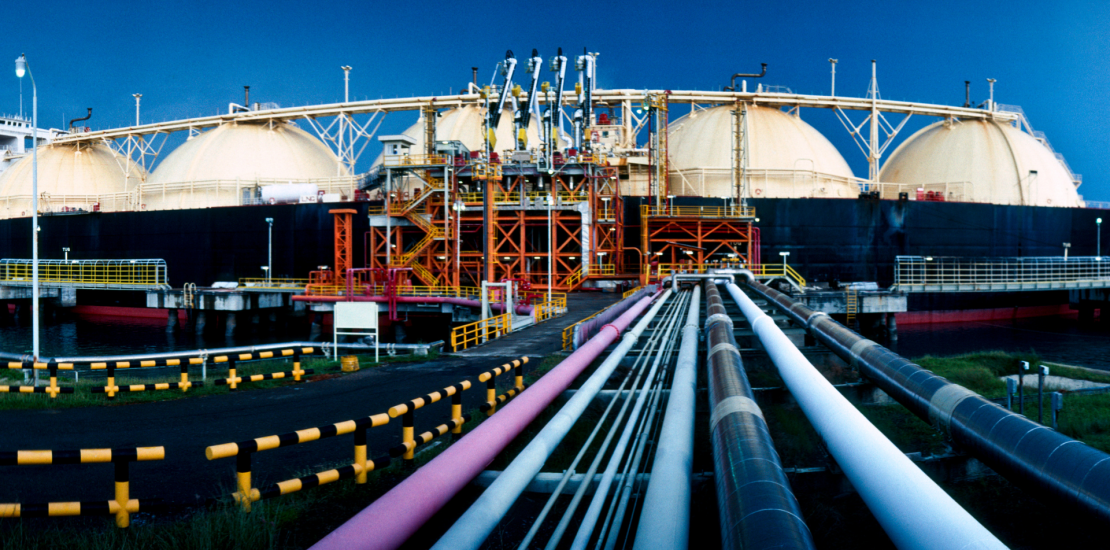- March 30, 2023
- Posted by: admin
- Category: Uncategorized

The oil and gas sector is one of the most important energy sources in today’s world. Companies operating in this sector need strict regulations and high quality equipment in order not to harm the environment and human health. One of the most important of these equipment is seals. Seals are the parts that seal oil and gas pipelines. In this article, information will be given about the importance, types and how to choose seals used in the oil and gas field.
The Importance of Seals
Because oil and gas pipelines are subject to strict regulations, they must be kept under strict control to prevent leaks. Therefore, the correct selection and use of seals is of great importance. Incorrectly selected or improperly maintained seals can cause leaks and cause serious environmental impacts and financial losses.
Seal Types
Seals used in the oil and gas industry generally fall into two main categories: elastomeric and metallic seals.
- Bolt Seals: They are the most highly protected seals made of special materials such as lead, resistant up to 1000-1300kg. It is used in the oil and gas sector as well as for heavy metal loads such as military defense and railway transportation.
- Nail Container Seal: It is in the same category with bolt seals and their strength is 1000-1300kg. These steel nail seals are coated with Polypropylene. They are manufactured for various containers, trucks, tankers, bunkers, freight and fuel wagons and all kinds of entrance and exit gates.
- Steel Wire Cable Seal: Pressure forces vary between 250-500kg according to their types. With its zinc alloy body and steel wire, the lock part is one of the most effective seal types despite its small appearance.
Other types of seals used in the oil and gas sector are as follows;
Elastomeric seals are usually made of flexible materials such as rubber or plastic. These seals are highly resistant to wear due to vibrations and movements of welds in pipelines. Also, elastomeric seals are generally affordable and readily available.
Metallic seals are generally used in pipelines that have tighter tolerances and can withstand higher pressures. These seals are mostly made of high quality alloy steel or other similar materials. Metallic seals have a longer lifespan than elastomeric seals, but are more expensive.
In addition, the seal’s chemical compatibility, degree of tightness and cost must also be taken into account.
The degree of tightness of the seals determines how tight the selected seal will seal the pipeline. It depends on the working pressure and temperature of the pipeline. In addition, factors such as the environmental conditions of the pipeline, such as wind, rain and dust, can also affect the degree of sealing.
Bearing seals consist of two parts coated with a lubricant and seal a moving object. These seals are suitable for use in high speed axial movements.
Piston seals are used to seal a moving piston and are ideal for use in pipelines and hydraulic systems under pressure.
Elastomeric seals are known for their high temperature and chemical resistance properties and they prevent leakage by closing small diameter holes in the pipeline.
Environmental Health Impacts of Safety Seals in Oil and Gas Sectors
To improve the performance of seals used in the oil and gas industry, some companies are developing more advanced sealing technologies. These technologies include metal-coated seals, seals specifically designed for high temperature and high pressure applications, seals with superior wear resistance and life, substances that improve chemical compatibility found in elastomeric seals, and low-friction coatings to prevent leakage.
Engineering firms such as Sealstone offer their customers more efficient, safe and sustainable engineering solutions by offering seals specifically designed for the oil and gas industry. These companies continuously develop their sealing technologies and offer innovations by following the developments in the sector and conducting research and development studies.
As a result, seals used in the oil and gas sector are vital to prevent leakage in pipelines and to prevent damage to the environment and human health. Therefore, engineering companies offer more efficient, safe and sustainable engineering solutions by offering specially designed seals to their customers. However, careful planning and regular maintenance are also required for correct seal selection and application processes.
